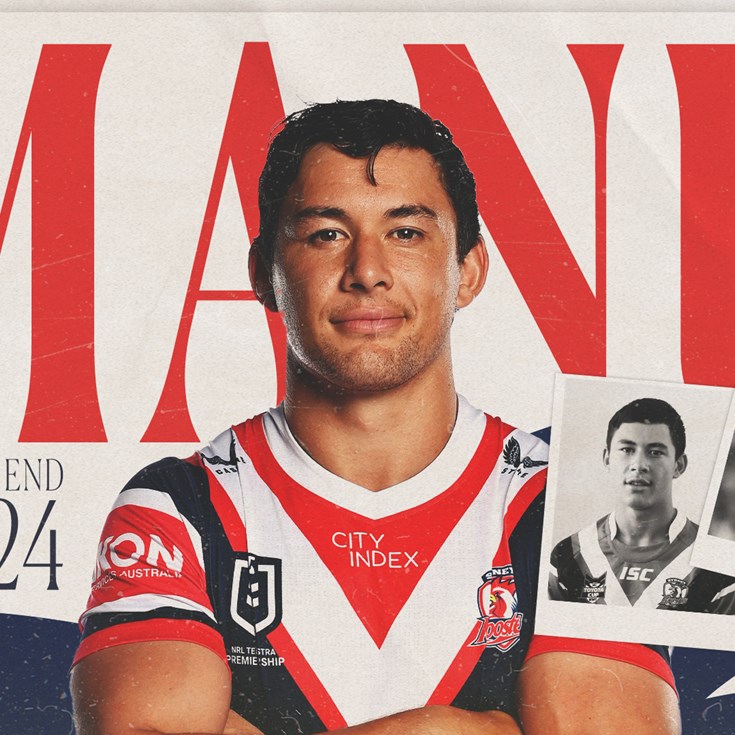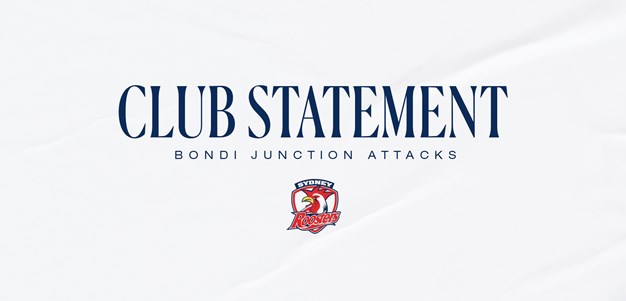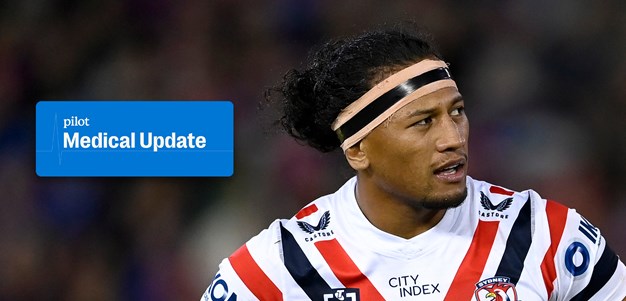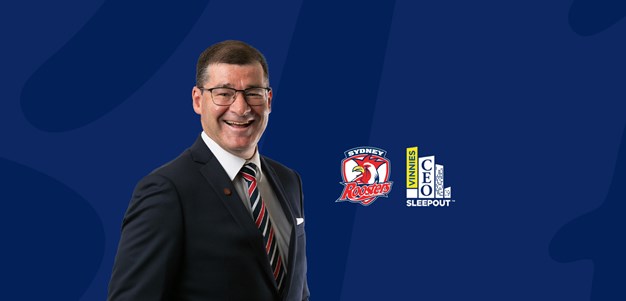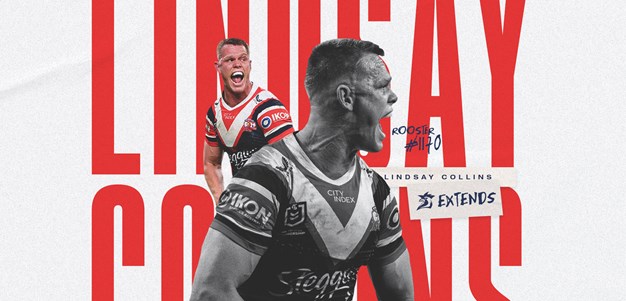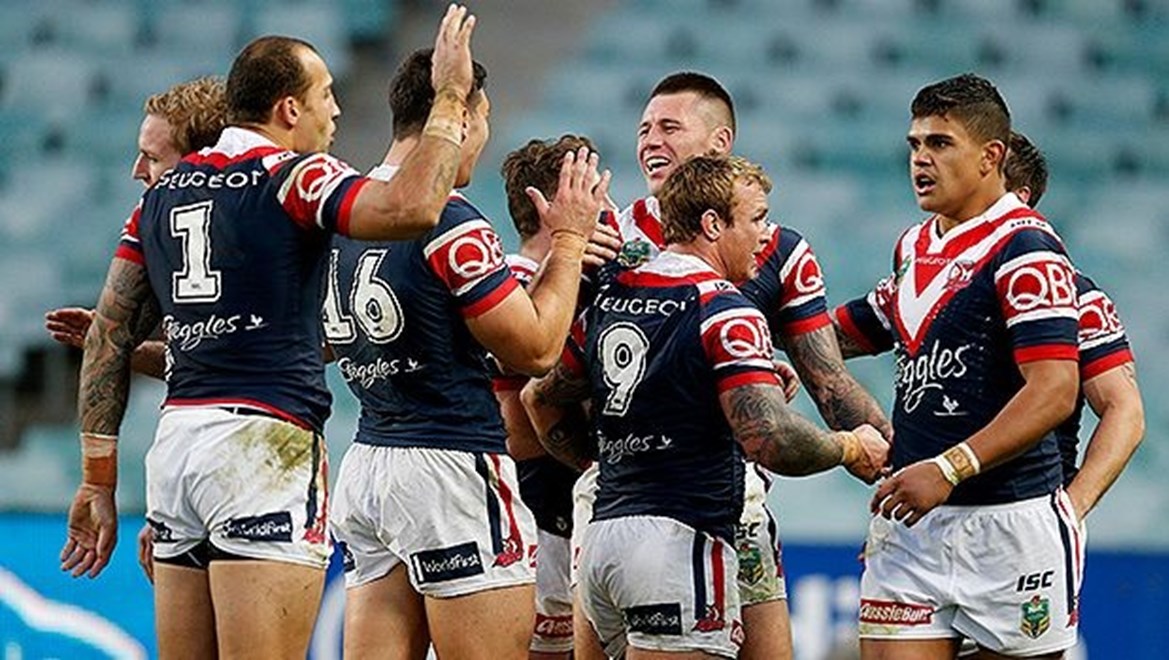

It was a rapid decline that few saw coming, but from the moment the triumvirate of James Maloney, Roger Tuivasa-Sheck and Michael Jennings announced they would be leaving the club, a fall from grace always loomed for the Roosters. Having won three straight minor premierships, it was inevitable that their seemingly endless run of highs would come to an end in 2016, but perhaps a 15th-place finish was worse than they had imagined. Injuries to Boyd Cordner (pec) and Jared Waerea-Hargreaves (ACL recovery) coupled with Mitchell Pearce's eight-game ban for his pre-season indiscretion had them on the back foot from the outset, and while they showed their championship spirit to knock off the 2015 grand finalists late in the season, it was little consolation for a year that was over before it even began.
Where they excelled: Despite their position on the ladder, it wasn't all doom and gloom for the Roosters. Their results mightn't have been anything to write home about, but they appear to be well positioned for the future after 11 players made their NRL debuts for the club in 2016. Latrell Mitchell showed plenty to suggest he will be a star for years to come, while Connor Watson was one of the finds of the season in the halves. A lot of the kids coming through have played together in the Holden Cup and will take plenty from their first taste of NRL. Defensively the might have struggled at times, but once they had their full attacking arsenal on the paddock they looked like a team capable of going deep in the finals. They finished the season with the second most tackle breaks (762) and were third in offloads (286).
Where they struggled: The start of the season was always going to be a litmus test for the understrength Roosters, and unfortunately for them, it didn't go very well winning just two of their first 11 matches to effectively be out of the running before Origin. Errors were the big killer for them in 2016, with the men from Bondi coming up with 263 mistakes – easily the worst in the competition. They weren't much better defensively, allowing 576 points compared to the 300 they conceded 12 months ago. They also finished the year with the second worst away record, winning just one of their 12 matches on the road.
Missing in action: It's never a good sign when only three players finish a year having played all 24 matches. While Latrell Mitchell, Jake Friend and Sam Moa achieved the feat, a number of stars missed plenty of action in 2016. Boyd Cordner (pec and foot) played just 12 games, as did Mitchell Pearce (suspension and calf). Their early season absence was made worse by Jared Waerea-Hargreaves's recovery from a knee injury which restricted him to just 14 matches. Ian Henderson only lasted two matches before suffering a horrific broken leg.
Turning point: The Roosters could come up with a range of excuses from Pearce's suspension to a seemingly endless injury toll. In a year that featured 18 losses, it can be hard to pin just one as the turning point, but the Tricolours' heartbreaking Round 2 defeat in the nation's capital probably hurt the most. Without the likes of Pearce, Cordner and Waerea-Hargreaves for the opening two months of the season, the Roosters would have set a goal of winning three or four games to set a platform for a mid-season surge. Things looked good at half-time as they raced out to a 16-6 lead, and when Jayden Nikorima scored on the hour-mark to give them a six-point advantage, they looked like leaving Canberra with a crucial win. But a Jarrod Croker converted try, Josh Hodgson 40/20 and a Sam Williams field goal – all in the final 10 minutes – combined to sink the Roosters 21-20. They went on to lose their next three to be winless after five matches to be well behind the eight ball; a position they never recovered from.
Hold your head high: He was touted as a star of the future but Latrell Mitchell wasted little time in stamping his class on the NRL. The 19-year-old played all 24 matches in 2016, scoring a team-high 14 tries. Mitchell played the majority of the year in his preferred position at fullback, but the rigours of weekly first-grade football saw him shift to the wing for the final seven rounds. He finished the year as the Roosters' leading points scorer (80), most line breaks (13) and most kick-return metres (734), and finished second with 89 tackle breaks.
2017 crystal ball: The naysayers will tell you that the Roosters are in a rebuilding phase and will miss finals footy for many years to come. And when a side finishes 15th, they'd normally be right. But there were some extenuating circumstances in 2016 that suggest they'll be just fine when the new season kicks off in six months' time. The experience gained by the next wave of talent coming through will do them the world of good and has created headaches that Trent Robinson probably didn't envisage. Latrell Mitchell and Blake Ferguson will battle it out with new recruit Michael Gordon for the No.1 jersey while Connor Watson and former Rabbitoh Luke Keary will fight over the five-eighth role to partner Pearce in the halves. Don't be shocked if the Roosters are back in premiership contention this time next year.
Conclusion: After the highs of three-straight minor premierships, the Roosters were always going to have to suffer a fall soon, and while it was probably further than they would have liked, there is a lot to take out of what has been overall a difficult season. This time last year people were wondering who would replace the likes of James Maloney, Roger Tuivasa-Sheck and Michael Jennings. In Connor Watson, Latrell Mitchell and Joseph Manu, they might just have found the answers.
SEASON STATISTICS
Wins: 6
Losses: 18
Position: 15th
Home Record: 5-7
Away Record: 1-11
Longest Winning Streak: 2 games (Round 23-24)
Longest Losing Streak: 6 games (Round 14-20)
Players Used: 30
Tries Scored: 77
Tries Conceded: 98
